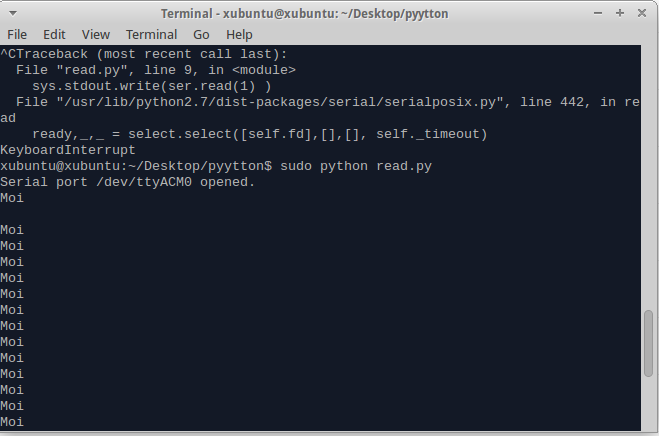
Moreover, at 5-weeks, compared to the baseline, OP reduced the systolic BP by 6.36 mmHg (p = 0.014), and decreased ox-LDL concentrations by 31.72 U/l (p = 0.015).Ĭonclusion: At 5-weeks, the consumption of 150 mg/day of OP improve lipid cardiovascular profile and represents one of the scarce ways to increase HDL-c in stage-1 -hypertensive subjects. Results: At 5-weeks, compared to the placebo, OP raised High Density Lipoprotein-cholesterol (HDL-c) by 14.06% (p = 0.012) and apolipoprotein A-l by 8.12% (p = 0.038) and reduced the ratio of apolipoprotein B-100/A-1 by 10.26% (p = 0.046).


The subjects received 2 capsules/day with 75 mg of OP or placebo for 5-weeks. A total of 24 participants (mean age DS 57.36 11.25 17 men) with stage-1-hypertension who were not receiving BP-lowering medication and LDL cholesterol < 4.88 mmol/l were randomized in a double-blind, placebo-controlled, crossover study. Methods: Between February 14 and May 31, 2014, eligible subjects were recruited from the outpatient clinics of Hospital Universitari Sant Joan (Reus, Spain). Purpose: The aim of the present study was to assess the effect of subchronic consumption of OP on cardiovascular disease risk factors such as lipid profile, systolic blood pressure (BP) and oxidized-Low Density Lipoprotein (ox-LDL) in stage-1 -hypertensive subjects. The cardioprotective effects of OP need to be tested in human clinical intervention trials with an appropriate design.

Background: Oligopin (OP) is a quantified extract from French Maritime Pine bark (FMPB) with low molecular weight procyanidins.


 0 kommentar(er)
0 kommentar(er)
